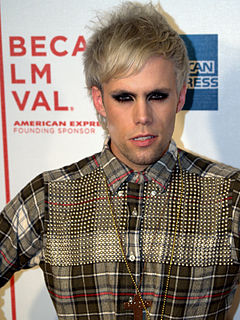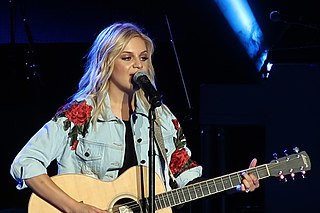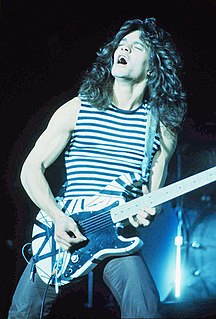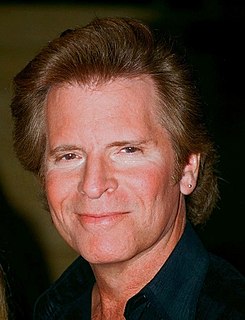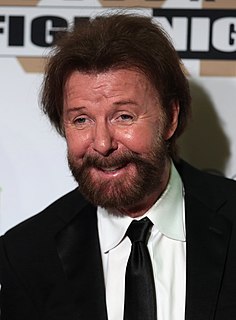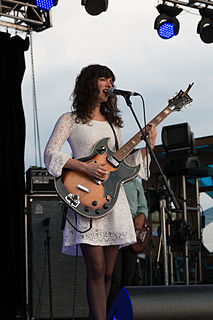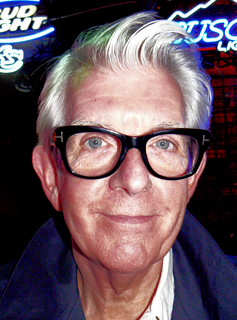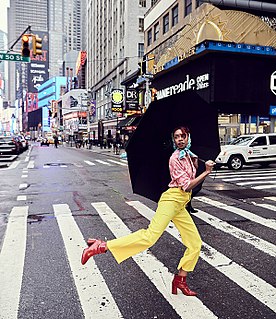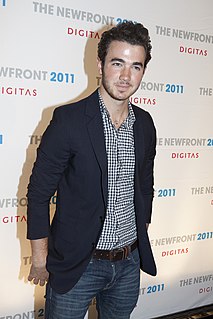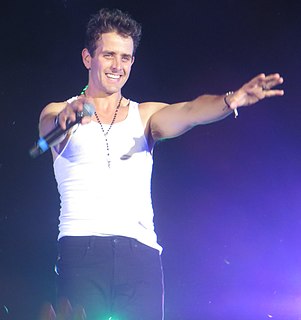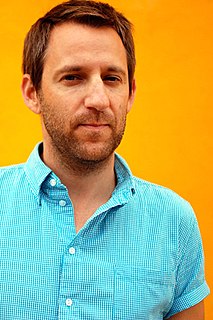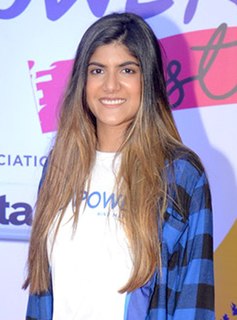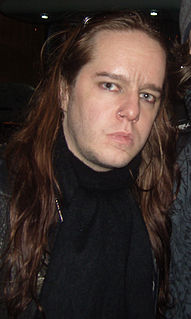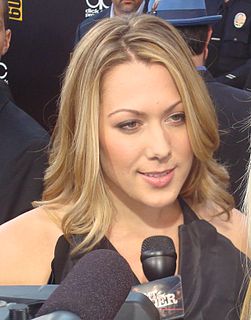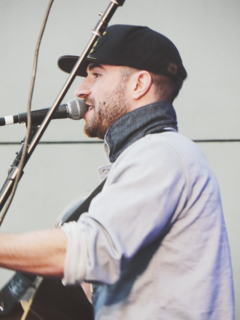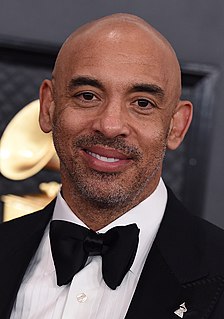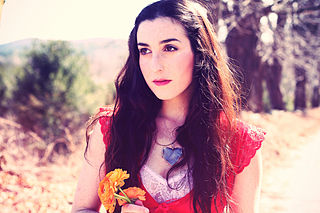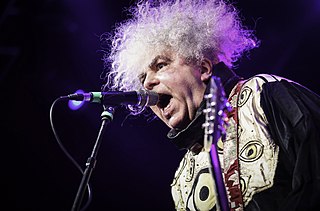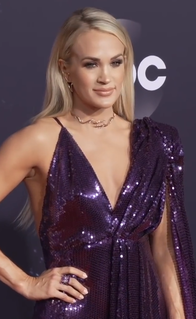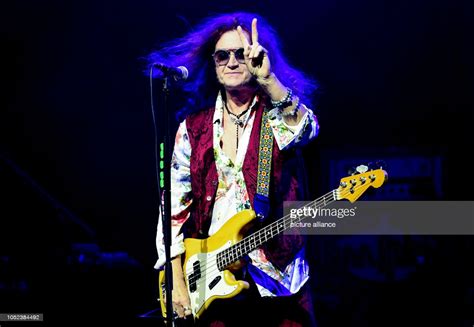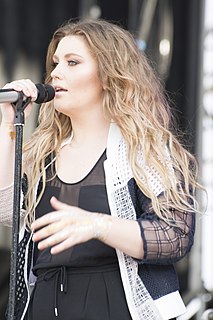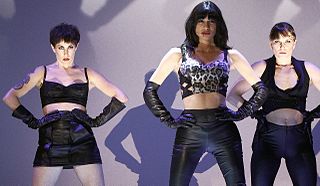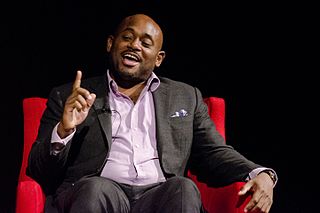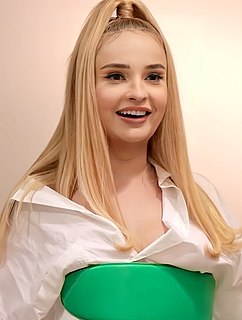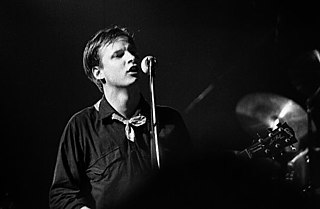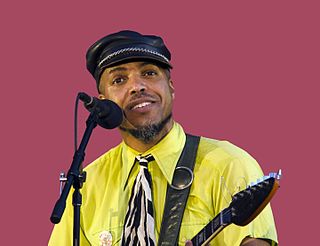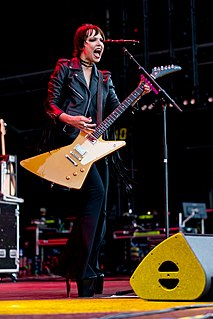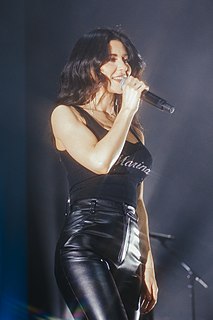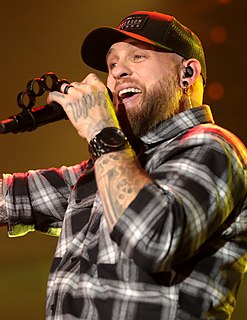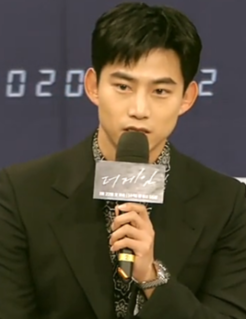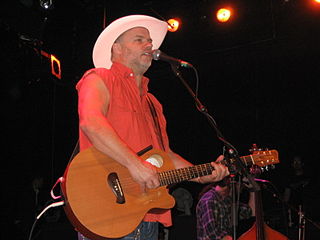Top 773 Songwriting Quotes & Sayings - Page 10
Explore popular Songwriting quotes.
Last updated on December 22, 2024.
I don't claim to be a particularly good father. I'm flawed, let's say. I've certainly been affected by the experience of having kids... trying to be a father, at least. It's an amazing process. It's like songwriting: it's a complete mystery to me. I don't understand it - but I've certainly written about it.
You can be born into a musical family and have an ear for music but being technically gifted, be it playing an instrument or songwriting, takes years to get good at. So for me, I'm excited to start over, and yeah, I have a few talents I can build off of. But I see this as a long process; it's a marathon.
Taking a song and bringing it to life in a professional recording studio can be an intimidating process at first; I know it certainly was for me. So to be able to offer support and guidance to an emerging singer-songwriter is a huge honor. I look forward to playing a role in such an exciting time of someone's songwriting career.
I think that female musicians are constantly fighting an uphill battle in general. Even when I'm not writing heartbreak songs... the fact that songwriting is so difficult and music criticism has become so content driven means that sometimes critics can go for the easy descriptors rather than an in-depth analysis.
I respect country music because I feel like it's more about the talent and the songwriting and I put on a big show and we have a lot of stuff, but I feel confident in myself enough as an artist and a singer that I can have all of those fun toys and know that we don't need all the bells and whistles either.
I am not one of those writers that just does songwriting one way. Personally, I think the best song will pop out all at once, because it's this feeling that the words fit the music so cleanly. When you really have a complete thought, and you always yearn for that as a songwriter. You always work for that.
I criticized the whole American songwriting industry and the pop side of it and I was bitter about it. And I stepped back and thought 'Why are you bitter? You can't just stand there like every other indie musician and criticize this so-called 'generic' music when you're not doing anything to challenge that.'


